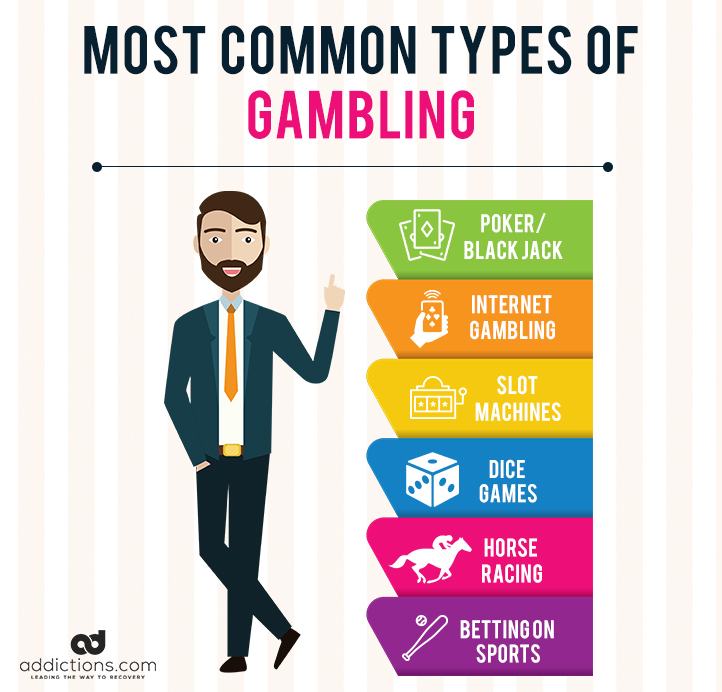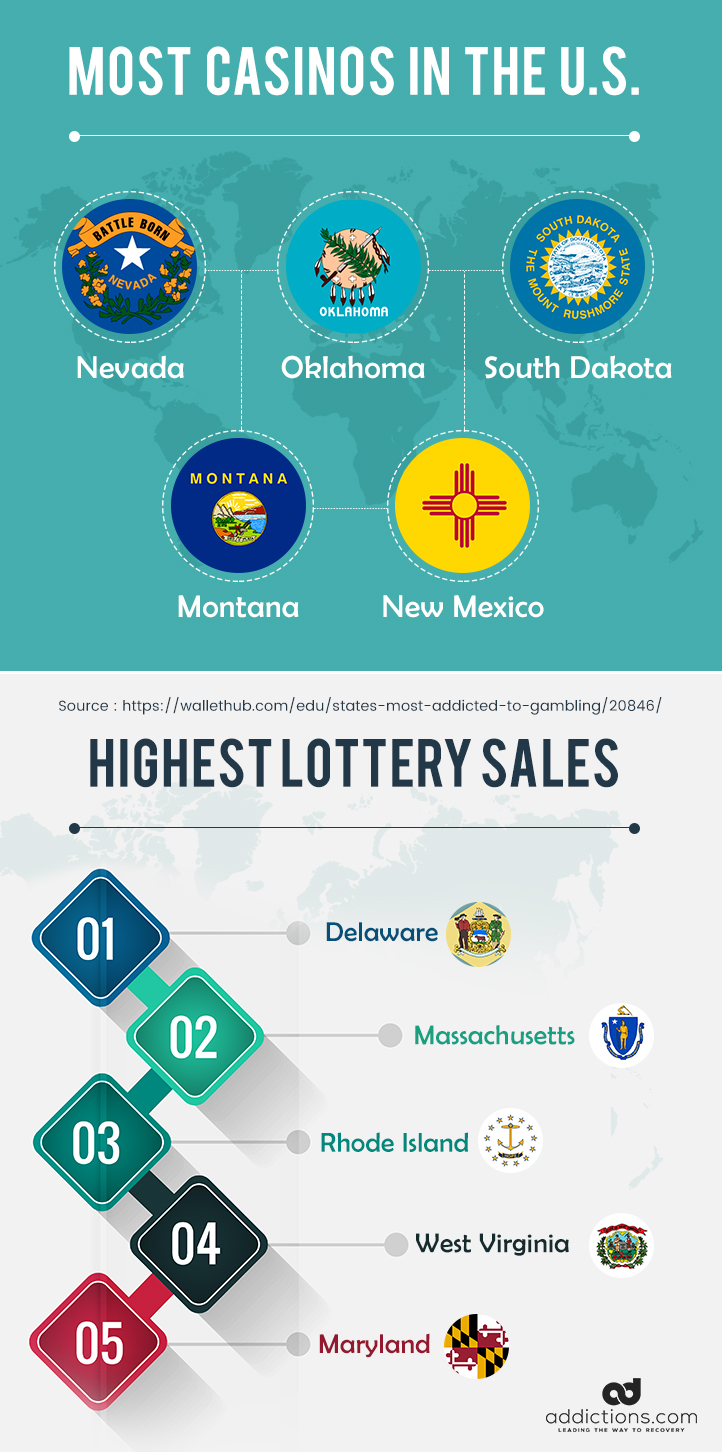Whether it's buying a weekly lottery ticket or taking an annual trip to Vegas to blow off some steam, gambling is a fun and harmless diversion for many people. For others it can become a problem that creates a variety of issues, including extreme financial hardship and deep debt. Let's take a look at some of the tell-tale signs of a gambling problem.
When Gambling Goes Beyond Entertainment
Signs that someone may have a problem with gambling include anxiety or stress, as well as lying about their gambling habits and betting more than they can lose. Some may even push themselves away from their relatives or loved ones just so they can 'play in peace'. Time-Related Signs of Gambling Addiction. Compulsive gamblers can gamble the night away. If you find yourself spending more than a couple hours each week on gambling, you might have a problem. While unexplained absences and a tendency to always be late are not direct signs of a gambling addiction, they can point at a bigger problem.
Win or lose, gambling should be nothing more than a fun activity. When it stops being fun and becomes something that dominates your thoughts or conversations, that's a sign it's becoming a problem.
Gambling with Money Meant for Other Things
It's one thing to have a few dollars set aside every week for a lottery ticket or putting a line item in your entertainment budget for a trip to the casino every few months. Video poker multiple hands. It's something else entirely if you're gambling with money intended for other things like rent, food, and paying bills. Gambling with money originally planned to cover living expenses and bills is another sign of a gambling problem.
Going into Debt to Cover Gambling

Using credit cards to gamble or get cash advances to cover gambling debts is another red flag indicating gambling has become a problem. Once again, if you choose to gamble, it should be an entertainment expense paid for in cash. If you don't have the money to spare, you shouldn't be gambling.
Taking Risks to Go Gambling
Signs Of A Compulsive Gambler
When done responsibly, gambling is a leisure activity. If you're skipping work, school, or time with family and friends to go gambling, or lying about where you've been to cover time spent gambling, that's a big sign it has become an issue.
Using Predatory Lending to Get Gambling Money
Once all other avenues have been exhausted, many gamblers will turn to predatory lending, such as payday loans or car title loans, to obtain funds to continue placing bets. Even under less stressful circumstances, these types of lending should always be avoided. But when you combine the cycle of high-interest revolving debt with a gambling problem, it becomes that much worse.
Can't Stop Gambling, No Matter What
Finances ruined. Relationships damaged. Job in jeopardy. When even those things can't stop someone from gambling, it's a problem that requires professional intervention and assistance. This list of resources from the National Council on Problem Gambling is a great place to start.
Gambling Risk Factors

Using credit cards to gamble or get cash advances to cover gambling debts is another red flag indicating gambling has become a problem. Once again, if you choose to gamble, it should be an entertainment expense paid for in cash. If you don't have the money to spare, you shouldn't be gambling.
Taking Risks to Go Gambling
Signs Of A Compulsive Gambler
When done responsibly, gambling is a leisure activity. If you're skipping work, school, or time with family and friends to go gambling, or lying about where you've been to cover time spent gambling, that's a big sign it has become an issue.
Using Predatory Lending to Get Gambling Money
Once all other avenues have been exhausted, many gamblers will turn to predatory lending, such as payday loans or car title loans, to obtain funds to continue placing bets. Even under less stressful circumstances, these types of lending should always be avoided. But when you combine the cycle of high-interest revolving debt with a gambling problem, it becomes that much worse.
Can't Stop Gambling, No Matter What
Finances ruined. Relationships damaged. Job in jeopardy. When even those things can't stop someone from gambling, it's a problem that requires professional intervention and assistance. This list of resources from the National Council on Problem Gambling is a great place to start.
